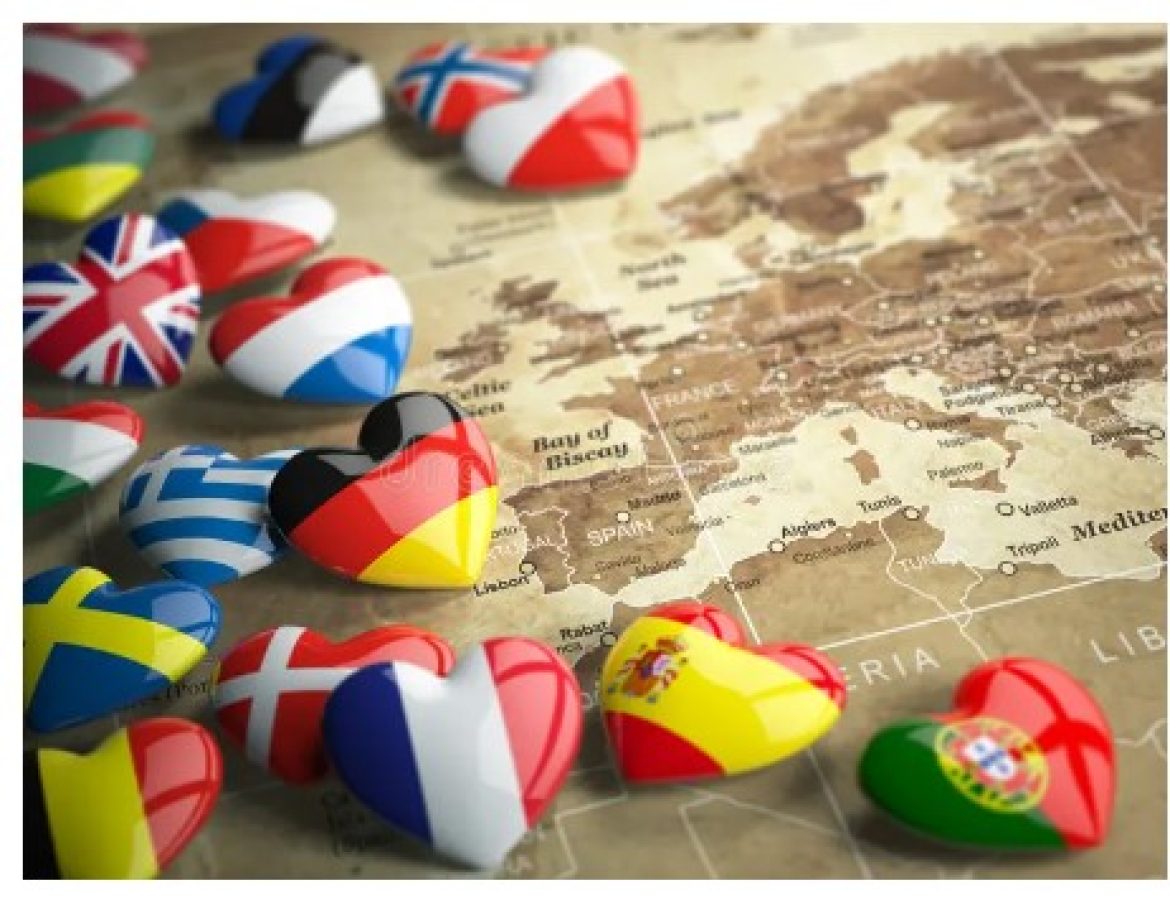
Most Popular
Read more


Golden Visas have emerged as a popular route for individuals aiming to establish residency in Europe. Contrary to common perception, these visas aren’t solely for the ultra-rich. Numerous European countries provide affordable investor residency programs, enabling individuals with modest financial resources to attain residency. This article delves into the seven most budget-friendly Golden Visas in Europe, offering insights into their advantages, limitations, and how they can facilitate the acquisition of dual citizenship.
Read more
At 5 p.m. EST June 17, the Consumer Financial Protection Bureau issued a statement that the effective date for the TILA-RESPA Integrated Disclosure (TRID) rules would be pushed back to Oct. 1, 2015.
CFPB Director Richard Cordray said in a prepared statement: “The CFPB will be issuing a proposed amendment to delay the effective date of the Know Before You Owe rule until Oct. 1, 2015. We made this decision to correct an administrative error that we just discovered in meeting the requirements under federal law, which would have delayed the effective date of the rule by two weeks. We further believe that the additional time included in the proposed effective date would better accommodate the interests of the many consumers and providers whose families will be busy with the transition to the new school year at that time.”
Rainier Title has been working towards the TRID implementation for over a year and felt prepared for August 1st. However, with the proposed delay we will be taking this opportunity to continue our education and training of TRID. While we believe that we have been proactive and ready for this change, there are still so many unknowns that will have to be addressed at the time of implementation. The industry should still prepare for 45-60 days for transaction to close due to the new timing parameters of the forms.
We’re working hard to be ready for all changes!
